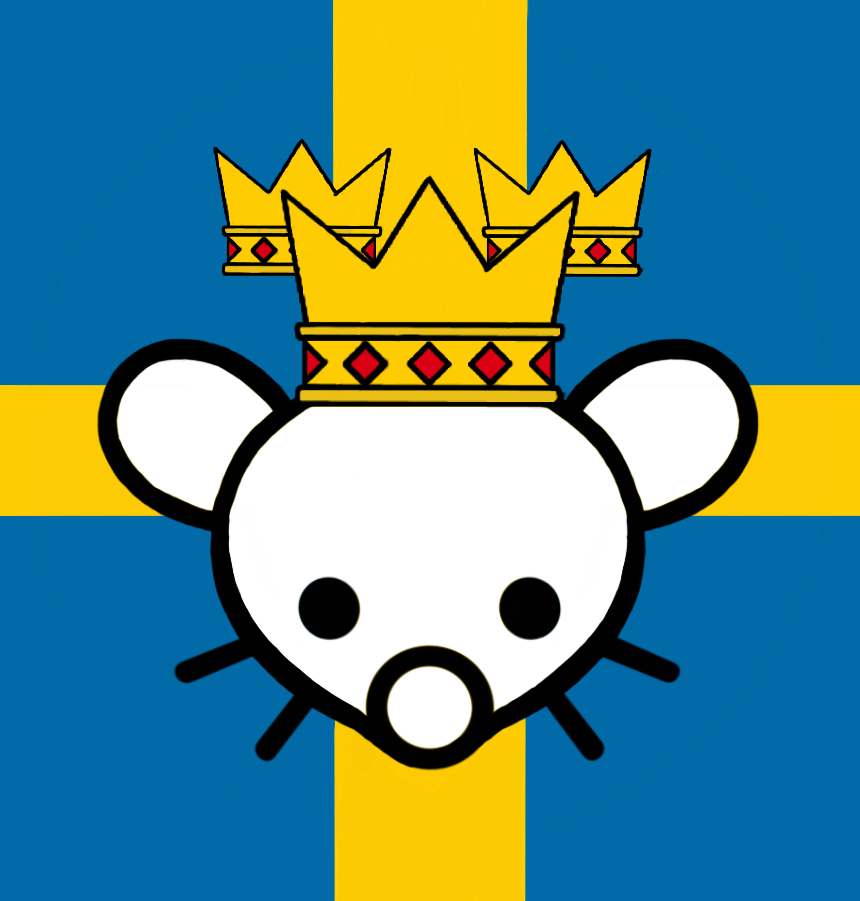Am I the only person who sees an underpaid, underinsured, entrapped worker slaving away making coffees all day as equally dystopian, if not more?
If there’s any vsaving grace for rampant automation, this is fine enough, it isn’t art, it isn’t critical decision making, it’s just coffee.
“But now that worker is unemployed” fine by me. This was barely an occupation, they now have to actually try a bit harder to find a job. If there is someone to blame for this, it isn’t the coffee kiosk, it’s the government who left this worker hanging without allocating them to a more useful position.
“But can it make coffee?” The answer is finally yes, why aren’t you glad?
















And that’s how Zelda became a kith